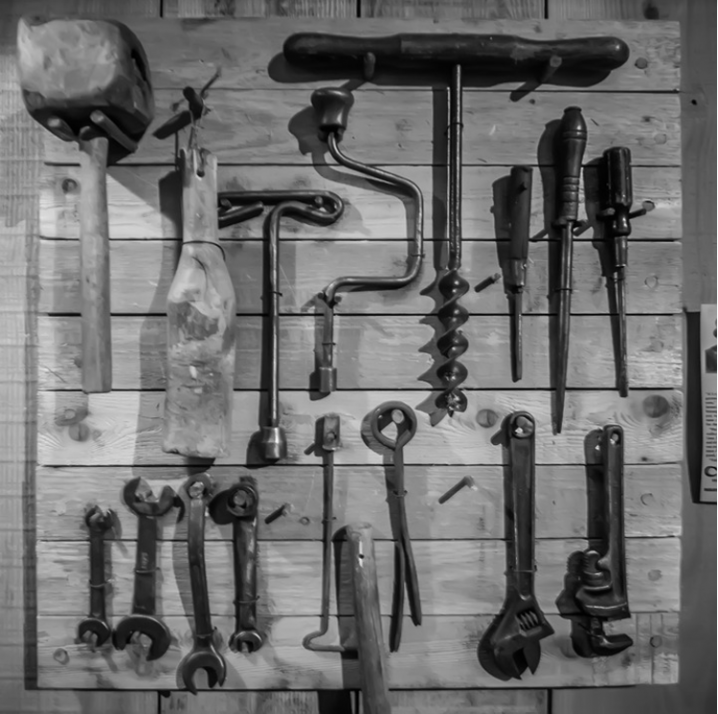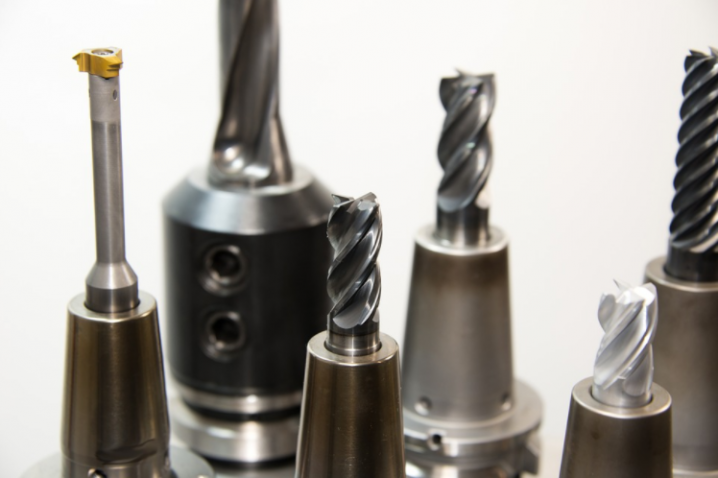4 tools you need for home improvement projects
Ah, the lure of home improvement. The feel of tools in your hand, the smell of paint in the air and the undeniable pleasure of completing a project – no matter how small or large – when the tools get put away.

For many of us, doing small projects around the house is a straightforward way to save money. Hiring contractors can get expensive quickly and the multitude of big, box stores loaded with hardware and construction supplies means that the raw materials for your projects are usually just a short drive away.
Necessary supplies
Hand tools – hammers, screwdrivers, pliers and other necessary tools – are cheap and easy to get. Most of us maintain a toolbox with that equipment in it. Although fine for small projects, there comes a time when you need better tools. More expensive and more accurate, these tools can represent a decent investment.
Most manufacturer’s tools are well made and come with some sort of warranty. However, not all tools – even inexpensive hand tools – are made equally and you will want to do some investigating to ensure that you are getting the best deal for your money. You want something that will last multiple projects and multiple years but that won’t cost you an arm and a leg.
Stepping forward
Once you have picked up the basic hand tools, you will want to expand your toolbox to include more specialized tools. Power tools like electric or battery-powered drills, jigsaws, power sanders and grinders are some of the first power tools you will want to pick up.

These tools are useful in a wide range of projects and will quickly pay for themselves. The choice between battery powered tools and corded ones comes down to the cost versus the ease of use. Power drills, saws and grinders with cords are less expensive than their battery powered cousins, but dealing with the cord when trying to work in tight spaces can be problematic.
Specialized equipment
By this point you have a well-stocked toolbox with plenty of hand tools, but to really do the best job you can, you will have to look at tools that are not used on every job but can be a real time- and money-saver when you need them.
These tools include:
- Rotary tools. The humble Dremel tool has come down drastically in price since it was first introduced and its ever-expanding range of attachments means that it is becoming more of a general tool and less specialized as time goes on. Rotary tools can be used to drill, cut, grind and sand small parts and their size means they can get into even the smallest spaces. Although there are corded versions available, the cordless version is much more useful and easier to maneuver.
- Impact driver. Although they seem to be little more than fancy drills, impact drivers can make drilling multiple holes or fastening lots of screws a lot easier than even with the best drills. In addition to the normal rotational force, impact drivers also push the drill bit or screwdriver down toward the piece you are drilling. The difference can be startling and the larger the job, the easier an impact driver makes it. Although not inexpensive, an impact driver can be very cost effective if your project requires lots of holes or screws.
- Nail gun. An automatic nailer complements an impact driver but concentrates on either finish or brad nails. It is also handy for the same scale of projects. If you must hammer in a dozen nails, a hammer is fine, but once it gets more than that a nail gun becomes easier to use, less tiring and more accurate. There are several different sizes of nail guns so you will either have to buy multiple ones or find one that you can compromise on.
- Table Saw. Although miter boxes and saws are sufficient for small projects, a good table saw, like the Craftsman Evolv table saw – see the Tool Nerds saws review – can mean the difference between a well done project, completed in a timely manner and ill-fitting mess.
Once you have graduated from small hand tool projects, the cost of tools goes up considerably, but you get what you pay for. Inexpensive knock offs don’t have the same tolerances as quality, brand-name tools and you will get a lot more use out of quality tools than you would from inferior brands.
Keep in mind that it’s the poor craftsman who blames his tools, though.



